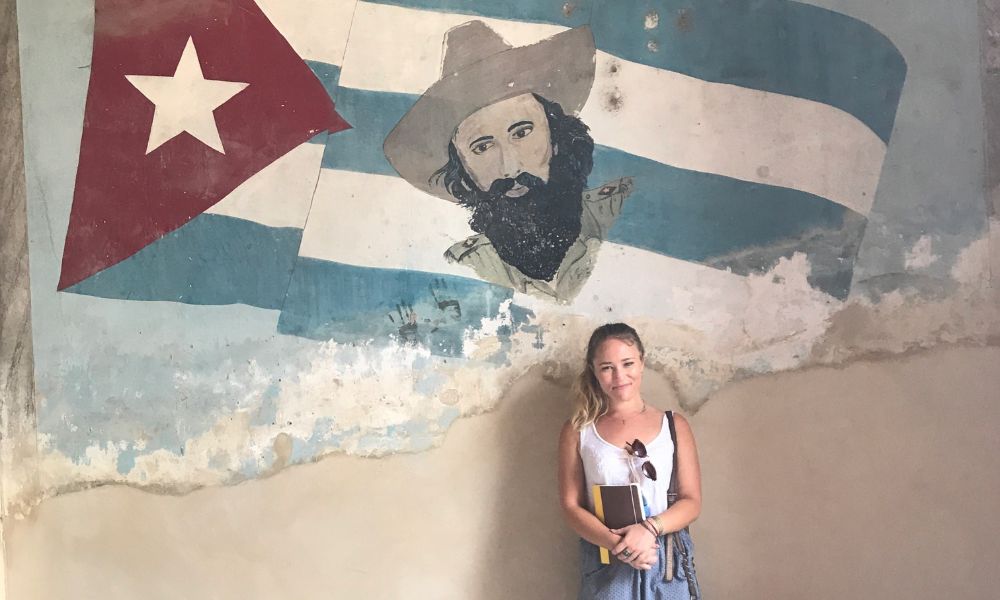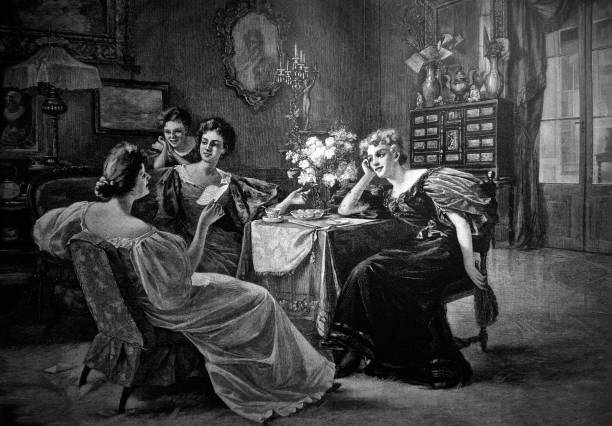“The Alchemist” by Paulo Coelho is one of the most influential pieces of modern literature. Sited as a favorite read for many, it’s the tale of a young man on a quest. But what is it about this story that makes it a source of inspiration for people across the globe?
At only around 180 pages, give or take, it’s a relatively quick read. Yet, within its limited pages, Coelho doesn’t waste a word. The narrative is woven with poignant, easily quotable wisdom that resonates on a profoundly personal level. For me, it’s the book’s simplicity paired with its richly drawn world that draws me in year after year. I’ve made it a point to revisit and re-read it every few years. When I’m done, I don’t return it to my shelf. Instead, I jot down the fresh impressions it leaves on me, inscribing my thoughts on the front pages before leaving it somewhere conspicuous for another armchair adventurer to stumble upon.
There’s something universal yet profoundly personal about Santiago’s journey. A shepherd boy from Andalusia, he follows his dream—literally and figuratively—on a quest to find his “Personal Legend.” Along the way, he meets a host of archetypal characters: the enigmatic king, the wise alchemist, and the love of his life, Fatima. Each one teaches him something vital about life, love, and the pursuit of one’s purpose.
Coelho himself has a story just as compelling as his protagonist’s. Born in Rio de Janeiro in 1947, he pursued a life of rebellion and self-discovery. From dropping out of law school to making like Jack Kerouac and embracing the counterculture movement, Coelho’s journey has been anything but linear. His eventual pilgrimage along the Camino de Santiago in Spain became a pivotal moment in his life—a spiritual awakening that inspired him to write “The Alchemist.” Written in just two weeks, Coelho claimed the story flowed through him as though it had been waiting to be told.
When the book was first published in 1988, it sold modestly in Coelho’s native Brazil. But Coelho was relentless in his belief in the story’s potential. Over time, “The Alchemist” found its audience, blossoming into a global phenomenon, translated into over 80 languages and selling over 150 million copies worldwide.
At its core, the book’s themes are timeless: the pursuit of one’s dreams, the interconnectedness of the universe, and the transformative power of listening to one’s heart. These ideas transcend cultural and geographical boundaries, speaking to readers from all walks of life. It’s no surprise that the novel has found admirers in everyone from Oprah Winfrey to Pharrell Williams.
But it’s not just the story that resonates—it’s how it’s told. Coelho’s prose is deceptively simple, almost fable-like, yet layered with profound truths. The desert landscapes Santiago traverses feel both real and metaphorical, a backdrop for the inner journey we all undertake in search of meaning.
For me, reading “The Alchemist” feels like having an intimate conversation with an old friend—someone who reminds you that it’s okay to dream big, to fail, and to find beauty in the search. Its message is one I return to when I need a touch of transformative whimsy in my life, a gentle reminder that “the simple things are also the most extraordinary things, and only the wise can see them.”
In a world that often demands we trade passion for practicality, “The Alchemist” is a tincture for the romantic heart, urging us to listen to the feral whispers of our soul. It’s a book you don’t just read; you carry it with you, long after the last page is turned.









